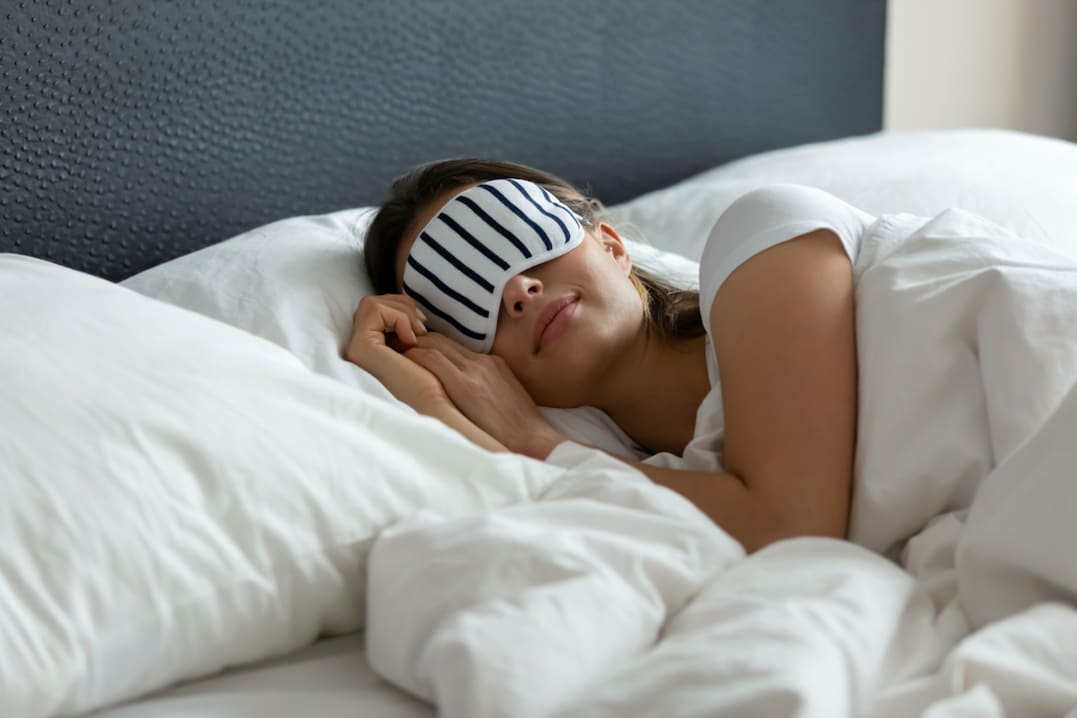That rocking affects our sleep is a well-known fact. Many people can sleep best in a moving car or a hammock that softly rocks back and forth. When we think about this phenomenon, we often think that we enjoy it, because of our experiences as a baby, when we got rocked into sleep. However, the majority of us already liked it from the very beginning.
Rocking therefore must have some universal effect on our brain, that helps us sleep better – no matter if we are a baby, that gets rocked to sleep by its parents or an adult, who is sitting in a rocking chair and has trouble keeping the eyes open. So why does rocking make us sleepy? What effects does movement have on our brain?
Research shows: Rocking has great benefits to our sleep
For research in Switzerland, two neurological scientists named Sophie Schwartz and Michel Mühlethaler, both working at the University of Geneva, asked several people for a small study to sleep in an extra constructed bed that was able to rock. All the participants were known to have a normal sleep. At the first session, the bed was rocking. For the second night, the bed was kept still for the whole time. The brains of all participants were monitored during their sleep.
The results from the brain monitoring showed that all participants in the research had enjoyed a quicker and better sleep during the night in which they were rocked. The participants afterwards confirmed those findings by saying that they enjoyed the sleep in the rocking bed more.
However, it was rather surprising that certain brain activities were noticed to be higher. All of them are connected to sleep and memory, which led the researcher to assume that the rocking had direct effects on those regions and therefore creates a tighter sleep and less waking up periods.
As a next step, the researcher looked at the memory capabilities of the participants. They had to remember pairs of words and recall them the next day. After the night they were rocked, the participant achieved better results in the memory test. To be rocked to sleep therefore has several benefits: We fall asleep more easily, our sleep is tighter, and our memory capabilities are improved.
But why does rocking have those effects?
According to the mentioned study, the researchers found out that the neuronal activity of our brain gets synchronized through the rocking movement in certain brain regions that are especially important to build our memory.
A little fun fact at the end: In another study, researchers from the University of Lausanne wanted to assess whether rocking also influences other mammals besides humans. Accordingly, the researchers rocked the cages of mice. The result: The small rodents got sleepy too and their eyes fell shut. They also slept longer than usual. However, the rocking movement had to be four times faster than the one necessary for humans.








